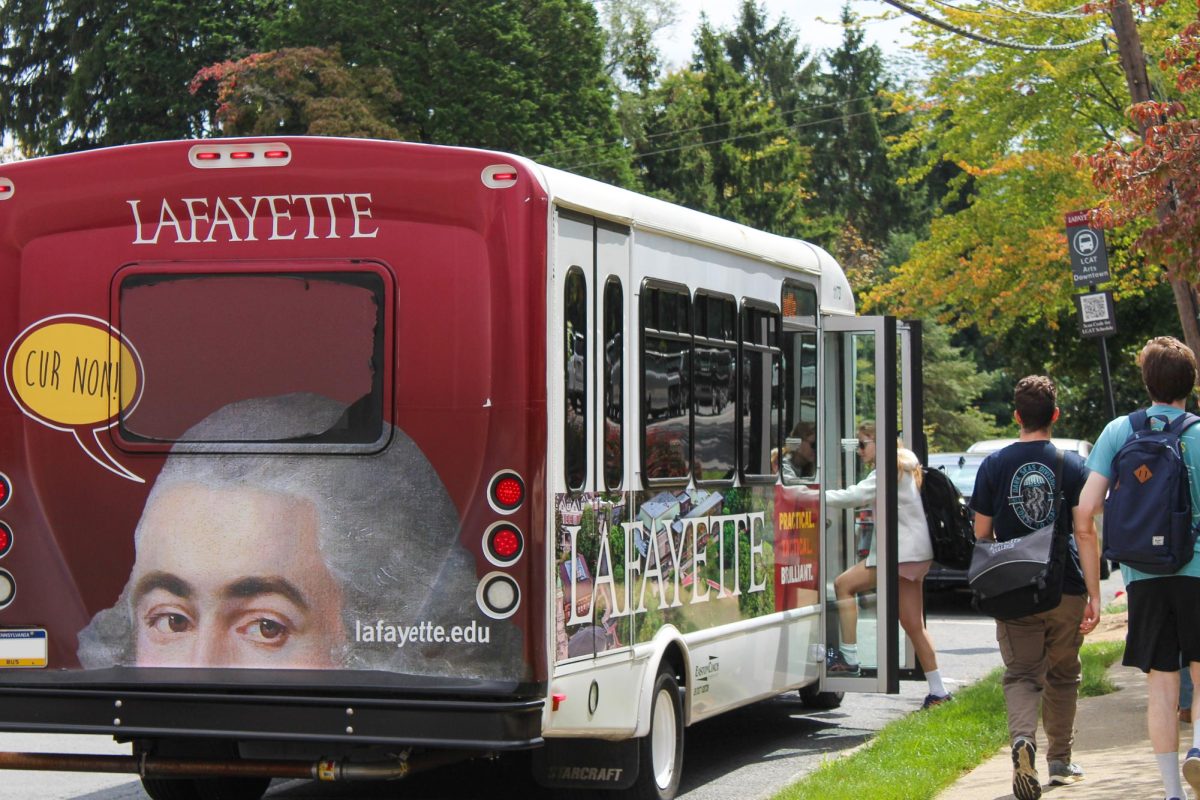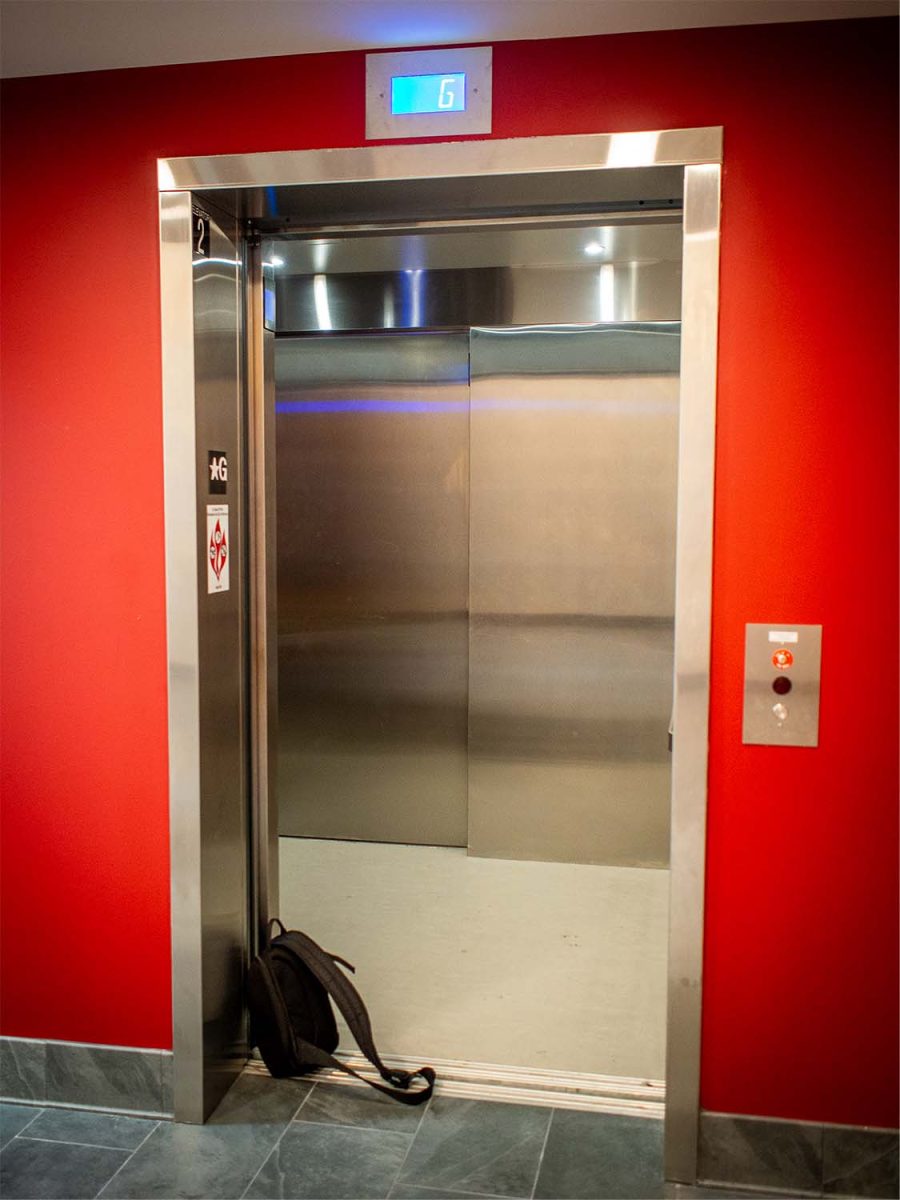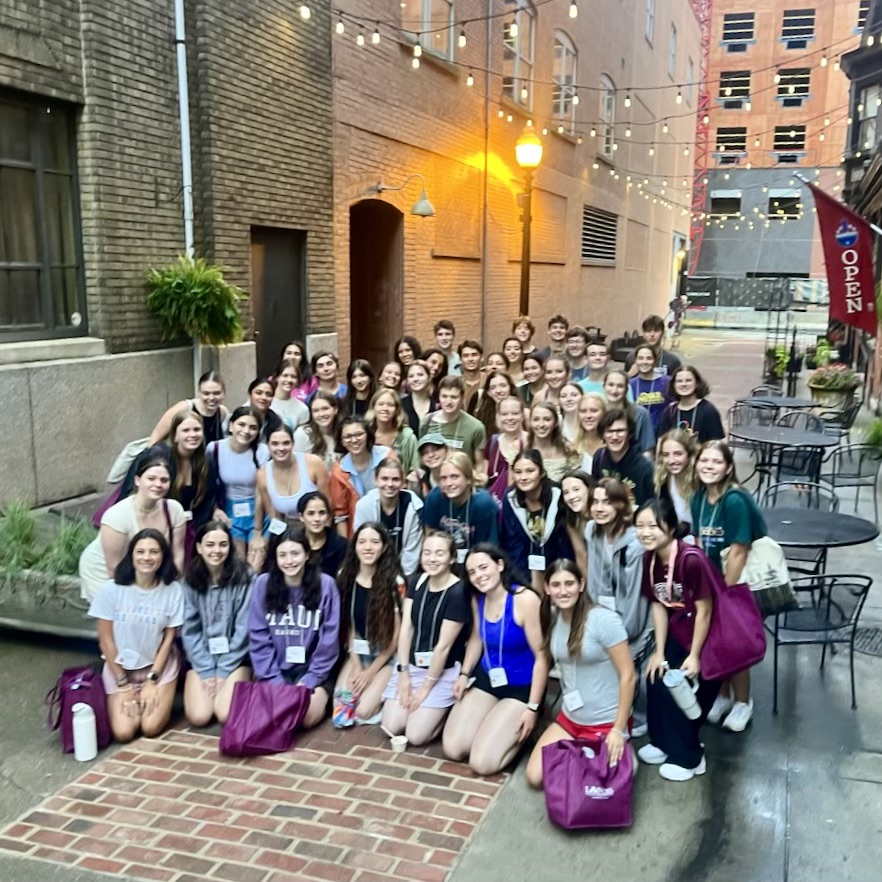The Office of the Vice President for Student Life recently reaffirmed via email that the college should not be considered responsible for providing “non-emergency” menstrual products, but neglected to state how they will determine what is a menstrual emergency or a desire for convenience. I encourage readers to consider that any use of an Aunt Flow dispenser is considered a “sudden need.”
If a student grabs a pad because they forgot one at home and are bleeding through their clothing, that is a sudden need. However, if a student who cannot afford to purchase menstrual products takes several pads from the dispenser to allow them to go about their lives when they get their period, this is also a sudden need.
An email sent to students who utilized L-RAJE’s email blast template implies that the college is concerned that students will drain the machines for non-emergency reasons. The administration claims this is a valid reason to restrict full funding of the dispenser refills. However, categorizing some uses as emergencies and others as matters of “convenience” obscures the ways in which period poverty impacts even affluent communities. A student who has no choice but to grab a day’s supply of menstrual products from the bathroom before class is facing period poverty and should not be forced to stuff toilet paper in their underwear by an institution that deems their situation to be a matter of “convenience” only.
Furthermore, the college’s concern that it will be financially responsible for providing all menstrual products used by students, faculty, and staff is unrealistic. The average quality of the pads and tampons from the Aunt Flow dispensers demonstrates that they are meant to be utilized in the event of so-called “sudden-needs” situations. They are one size and thickness, meaning they are not suitable for long-term use by people of all body types and flow volumes. Keeping the dispensers fully stocked will not drive all menstruating students to grab all of their pads and tampons from them. I, along with many others, prefer to buy products that fit my body best and merely use the dispensers when I forget to bring a spare pad with me or, unfortunately, start bleeding days earlier than my Clue App predicted.
Lastly, the college has stated that it will continue to provide free menstrual products via the Pard Pantry. The pantry is a great resource for the campus community, but when considering unexpected or sudden needs for menstrual products, it may be hard to access. Walking from one end of campus to Farinon College Center may not be possible due to missed class time, debilitating cramps, a heavy flow that necessitates immediate action, or mobility issues.
To invest resources in installing free pad and tampon dispensers but neglect to keep them stocked is performative activism. For an institution with so much capital, empty dispensers are an embarrassment. Do better.
Harper Will ’25 has spent nearly $1,200 on pads and tampons over the past 10 years.

































































































